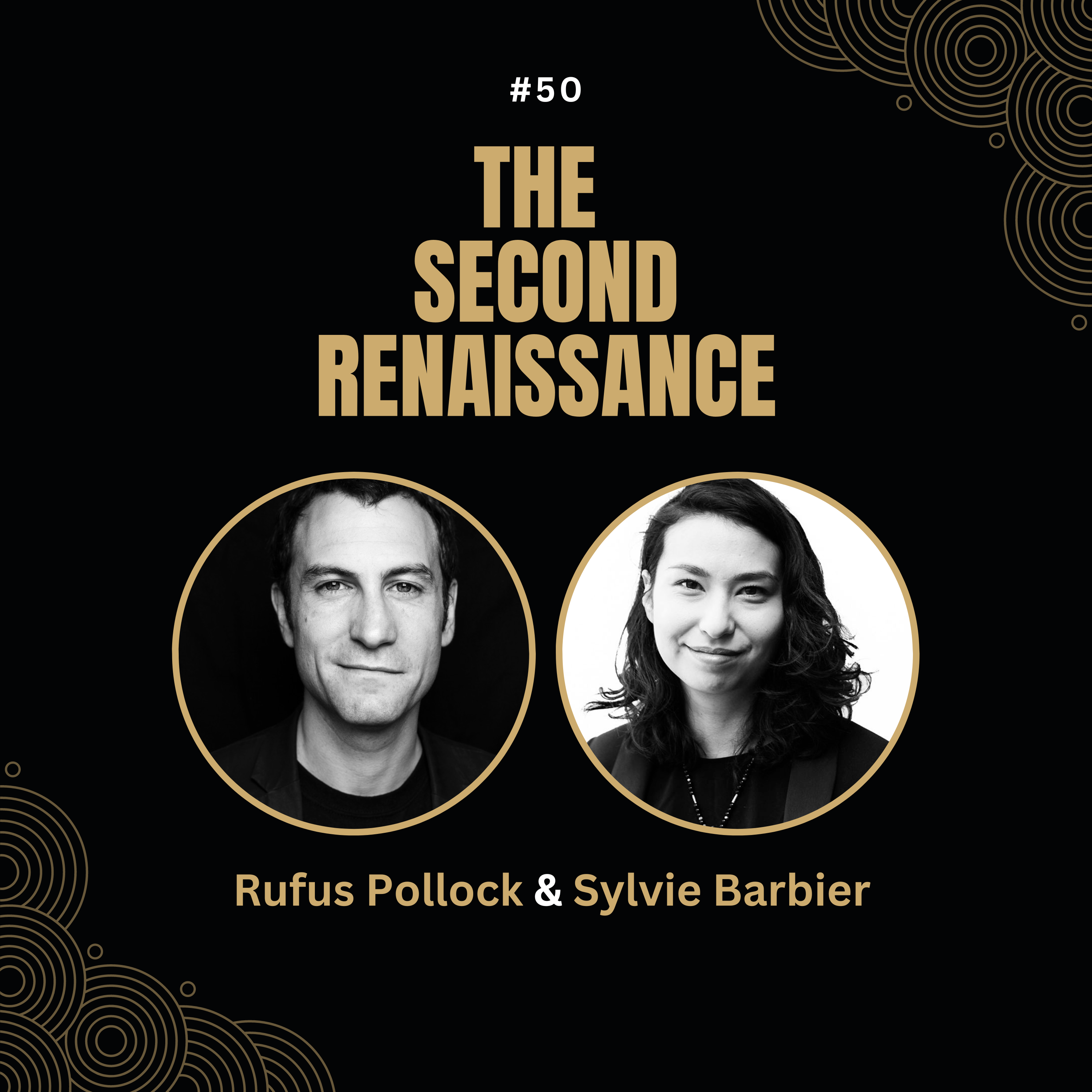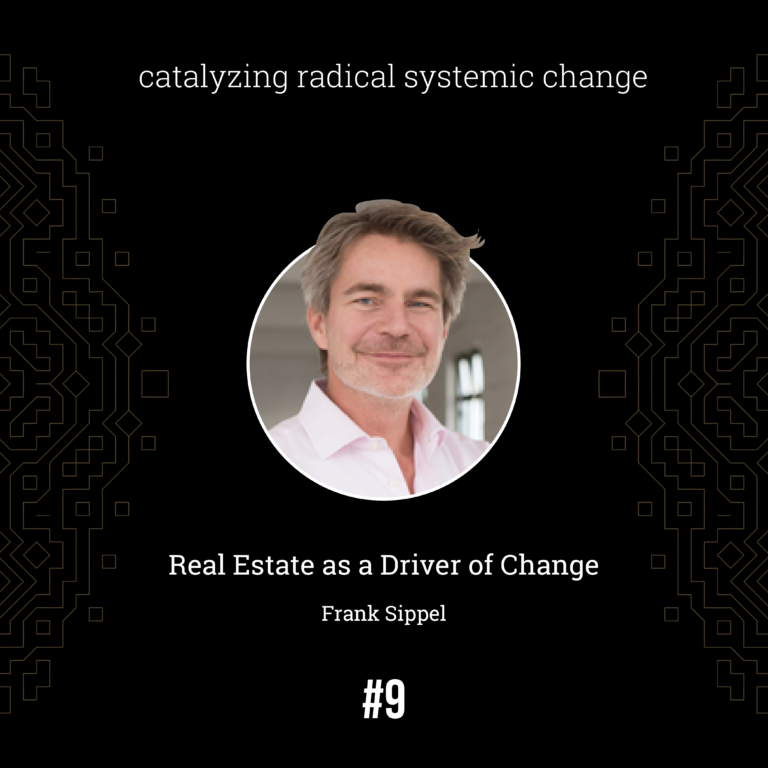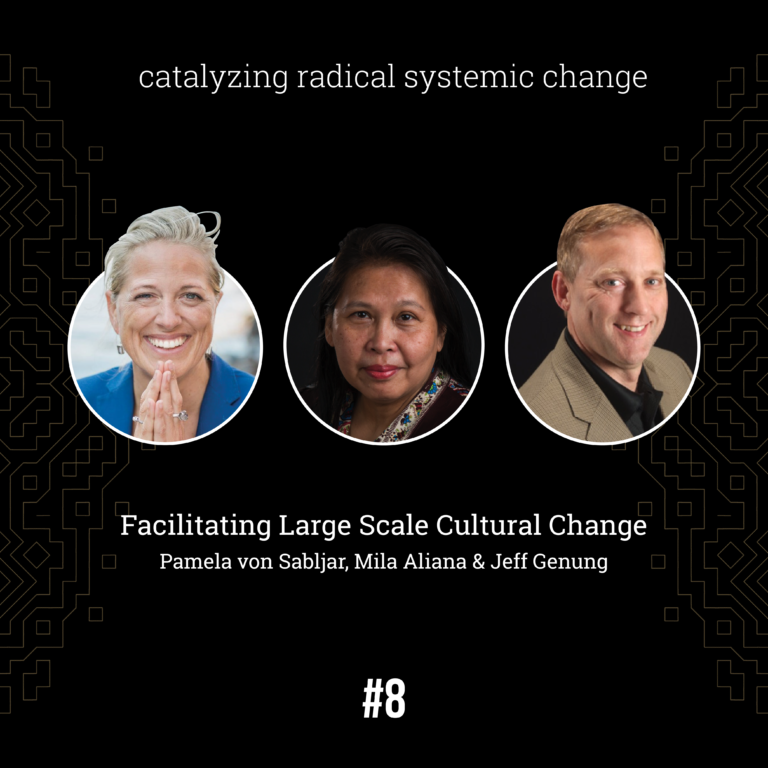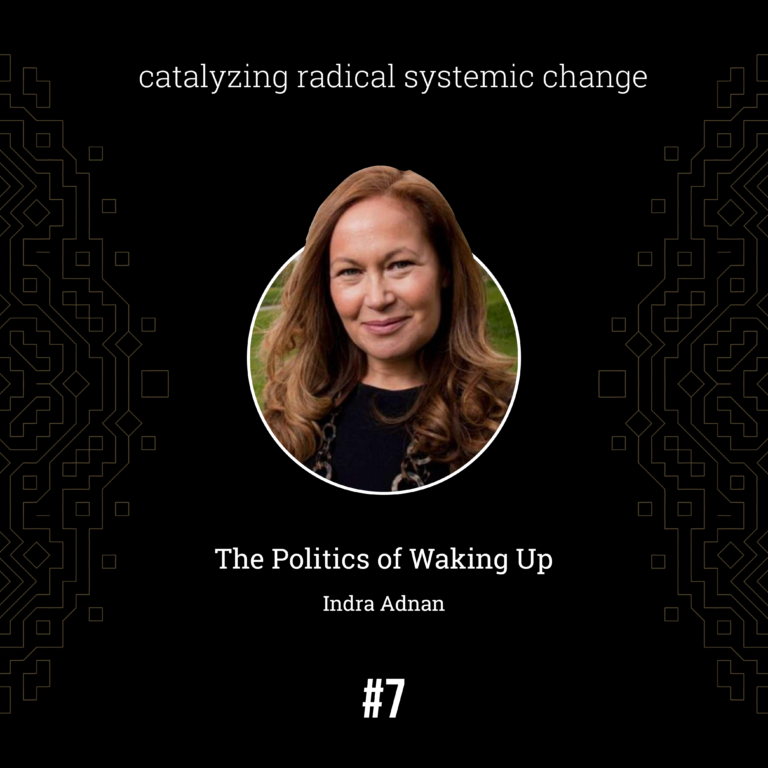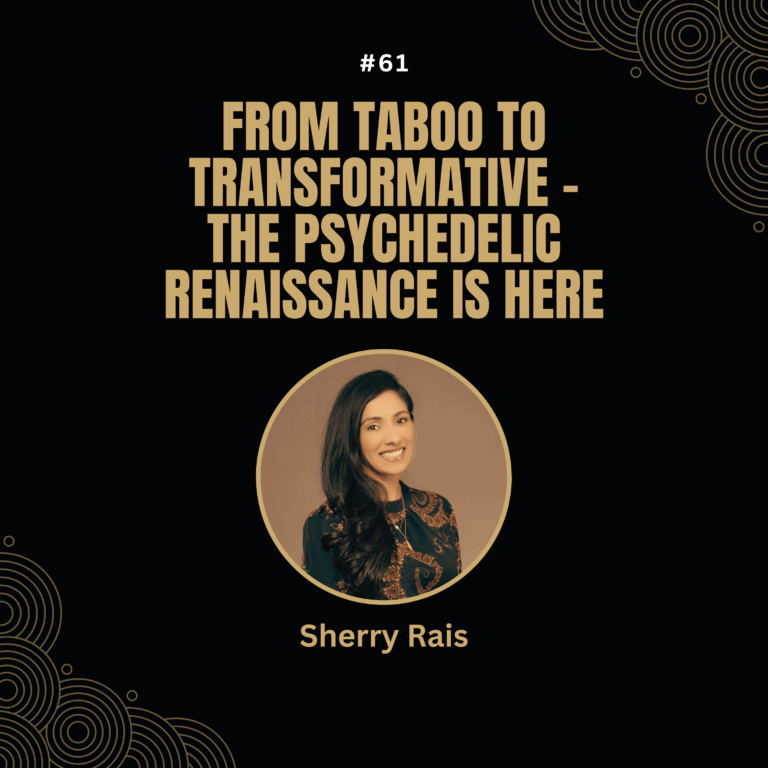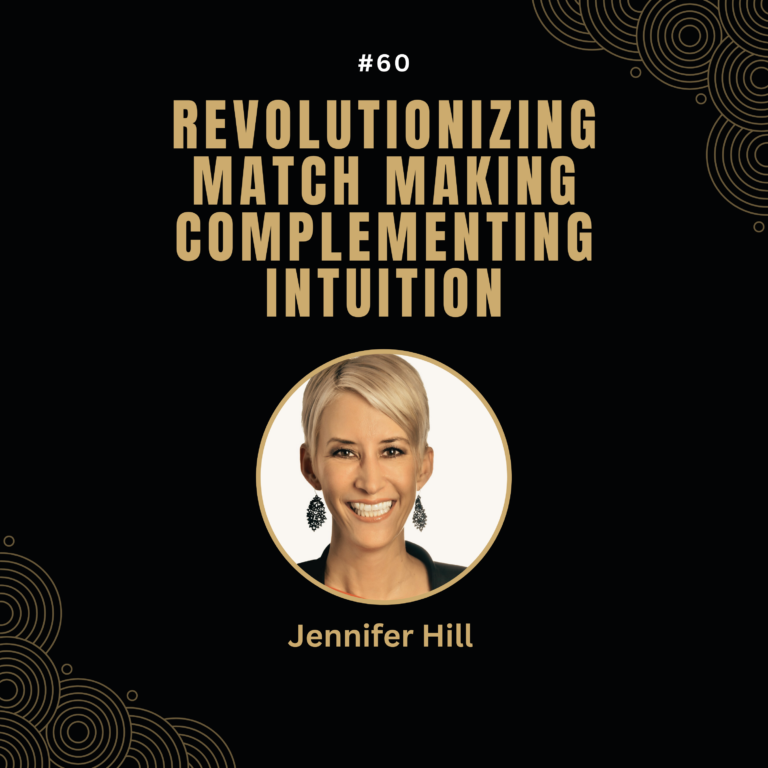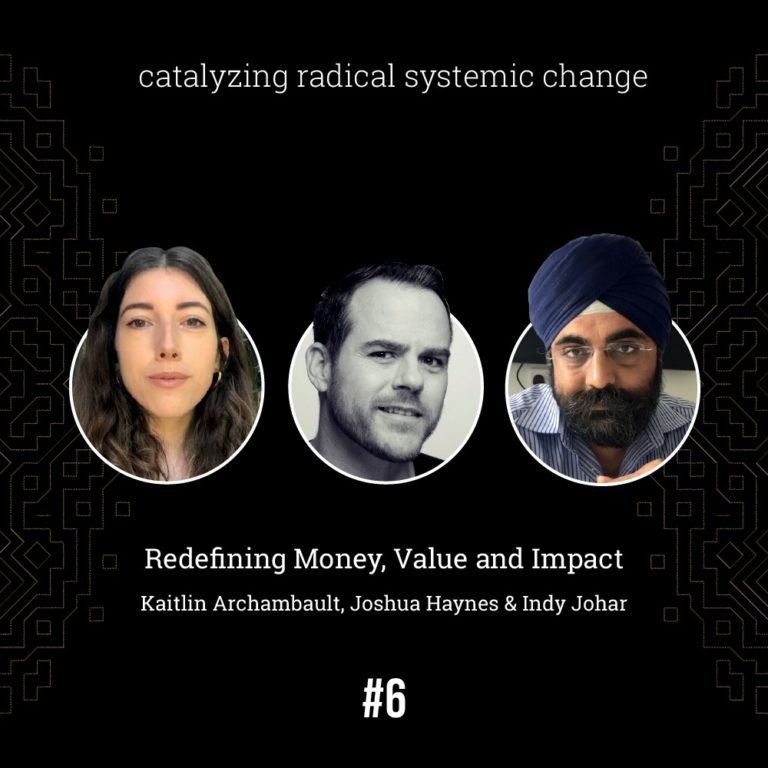Welcome to another episode of “catalyzing radical systemic change.” Today, we’re diving into a transformative conversation with the brilliant minds behind Life Itself. Join us as we explore their groundbreaking vision for a Second Renaissance—a movement to fundamentally reshape our world. We’ll delve into their Theory of Change, discuss how they stand out from other initiatives, and learn about their concrete prototypes and aspirations for the future. Get ready to be inspired by Sylvie Barbier and Rufus Pollock as we uncover how Life Itself is catalyzing radical systemic change. Stay tuned for a conversation that promises to redefine the way we think about cultural evolution and societal transformation.
Like always I’ll have my guests introduce themselves with some of the pivotal moments of their biography and how that relates to the topic of today’s podcast.
Background and Vision of Life Itself
1. Can each of you briefly share your personal journey and what led you to Life Itself and the Second Renaissance?
- Explore Sylvie’s time in Florence and her reflections on rebirth.
- Discuss Rufus’s experiences with bullying and his activism journey.
2.What is the core mission and vision of Life Itself?
- Nurturing the seeds of a second renaissance
- Creating the roots of the Second Renaissance movement.
Theory of Change of the Second Renaissance
What are the key components of your Theory of Change as detailed in the Whitepaper?
1.Discuss the foundational cracks in modern civilization.
- The importance of shifting cultural paradigms.
- The concept of “conscious cultural evolution.”
2. How do you define and approach “conscious cultural evolution”?
- The role of inner development and wisdom.
- Integration of spirituality, creativity, and community in the evolution process.
Distinctive Features from other Cultural Change Initiatives
- What distinguishes Life Itself from other similar initiatives?
- Emphasis on foundational cultural shifts versus technological or policy solutions.
- Unique approaches to integrating inner and outer transformation.
- How do you integrate different paradigms and worldviews in your work?
- The role of views and values in shaping cultural evolution.
- Handling cross-paradigmatic friction and coexistence.
- Integrally Informed
- Body, Mind, Spirit, Shadow
- It’s still a nascent phenomenon, deliberately developmental spaces
Concrete Prototypes and Experiments
- Can you share some concrete prototypes or experiments that Life Itself has implemented or is planning to implement?
- Examples of community projects and initiatives.
- Prototyping new social and economic structures.
- How do you measure the success and impact of these prototypes?
- Metrics for evaluating cultural and societal shifts.
- Success stories and lessons learned.
- Theory in Practice
Horizon 1-2-3 Framework
- Can you explain the Horizon 1-2-3 framework and how it applies to Life Itself’s goals and strategies?
- Horizon 1: Immediate goals and actions.
- Horizon 2: Medium-term aspirations and projects.
- Horizon 3: Long-term vision and transformative change.
- What are the short-term (Horizon 1) goals for Life Itself in the next few years?
- Specific initiatives and objectives.
- What are your medium-term (Horizon 2) aspirations and how do you plan to achieve them?
- Strategies for scaling and deepening impact.
- What is your long-term (Horizon 3) vision for the future and how do you envision achieving it?
- Envisioning a future paradigm and societal structure.
- How can we grow this into a movement
Community Engagement and Participation
- How can individuals and communities get involved with Life Itself?
- Opportunities for engagement and contribution.
- What role does collaboration play in your initiatives and how do you foster it?
- Building a network of like-minded individuals and organizations.
Sylvie Barbier
Co-founder of Life Itself, Sylvie has a background in art and design and is deeply committed to exploring and fostering conscious cultural evolution. Her experiences living in Florence and becoming a mother have profoundly shaped her vision for a Second Renaissance.
Rufus Pollock
An economist and visionary, Rufus has a history of activism and a deep concern for social justice. His experiences with bullying and his journey through various forms of activism have led him to seek deeper, foundational solutions to societal issues.
Links
- Life Itself – https://lifeitself.org
- Second Renaissance – https://secondrenaissance.net
- https://developmentalspaces.org
- https://consciouscollectives.org
- https://secondrenaissance.net/map
